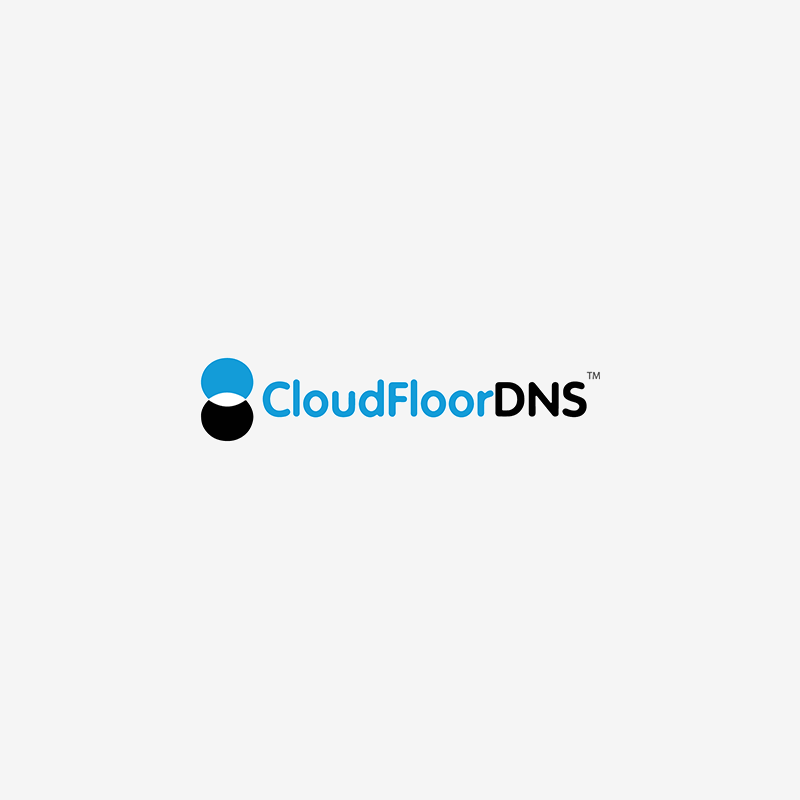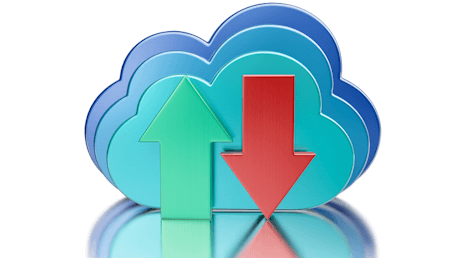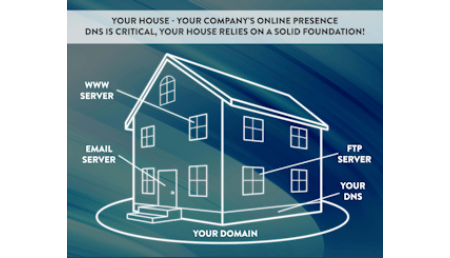Secondary DNS Hosting – DNS Backup Service
DNS is such a critical component to your digital business and it’s surprising how many folks don’t realize it. DNS is often taken for granted and becomes an afterthought until it goes belly up and stops working. When DNS stops, EVERYTHING stops!
Secondary DNS to the rescue! Secondary DNS is a standard method to safely backup your DNS zones onto another DNS provider/network if your primary DNS provider goes down. Secondary DNS has been around for quite some time although it’s not often implemented – even though it can save your digital bacon if you have a primary DNS outage (like the attack on Dyn back in Oct 2016)
Since the Dyn DDoS attack, we’ve seen a huge influx of questions and activity around our Secondary DNS service. In order to take the mystery out of Secondary DNS, we created several techncial how-to’s on implement a Secondary DNS solution using CloudfloorDNS as your DNS backup. If you currently have a single DNS provider and are using Dyn, NS1, DNS Made Easy or GoDaddy Premium DNS we have a Secondary DNS how-to that shows you step by step on how to enable Secondary DNS hosting at CloudfloorDNS. It literally takes less than 10 minutes to setup and can save you thousands of dollars in the event of a primary DNS outage.
Interested in learning how to setup Secondary DNS for your online operation? See our Secondary DNS tutorials on our Secondary DNS hosting page or scroll below to download them directly
Hosting DNS at DYN? – Backup your DNS at CloudfloorDNS [PDF]
Hosting DNS at DNSMadeEasy? – Backup your DNS at CloudfloorDNS [PDF]
Hosting DNS at NS1? – Backup your DNS at CloudfloorDNS [PDF]
Hosting DNS at GoDaddy? – Backup your DNS at CloudfloorDNS [PDF]











